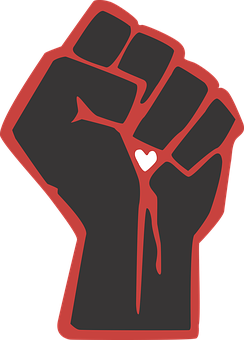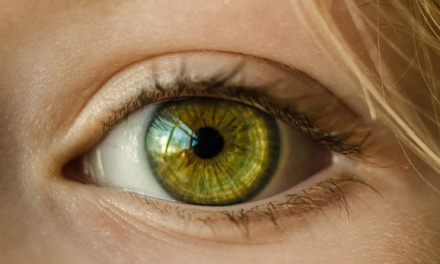As blogged last week, obesity is emerging as a risk factor for more severe COVID-19 infection. Thus, people with obesity must take great caution to practice physical distancing (this term is changed from ‘social distancing’ by the World Health Organization to emphasize that we must NOT be gathering ‘socially’).
Sadly, many people with overweight or obesity are simultaneously living an existence plagued by obesity stigma and bias, which often results in feelings of isolation and loneliness at the best of pre-coronavirus times (type ‘bias’ or ‘stigma’ into my search box at the top right of your screen, to read many previous blogs about this). Layering COVID-19 isolation on top of a life of feeling already alone could result in a very serious impact on mental health, well being, and quality of life for many.
In the health care community, there is a risk of both explicit and implicit bias towards people with obesity during the COVID-19 pandemic. As noted in an excellent editorial written by the editors of Obesity, the official journal of the The Obesity Society (USA), people with obesity admitted to hospital with COVID-19 may present challenges in management. There may be a need for a greater number of health care staff to help with transport. There may be more challenging intubations (putting a tube into the airway to hook up to a ventilator). It may be harder to get an IV or arterial line. It may be difficult to get diagnostic imaging due to weight or size limitations on imaging machines. There may not be enough specialized equipment (bariatric beds, wheelchairs etc) to go around. These issues could generate frustration amongst health care providers. It is so important that this frustration is not transferred to, or directed towards, the patient, whether intended or not.
If our hospitals become overrun with COVID-19, and particularly if our system cannot care for everyone, there is a risk that our general society may have negative feelings towards people with obesity because of the need to utilize a significant amount of health care resources. Remember, obesity is NOT a choice. People with heart disease (another risk factor for more severe COVID infection) are also going to take up a significant proportion of our health care resources. We would not feel that this is unfair – and obesity as a chronic disease is no different.
More than ever before, I call on us as a society, and also on our global health care community, to stand up against obesity stigma and bias. Remember that the majority of Canadian adults have overweight or obesity (as do most nations in the world). Remember that obesity is not a choice. At this time, more than ever, we need to support each other. Reach out to people in your community who need help. Can you deliver their groceries so they don’t have to go out? Give them a FaceTime call to provide some social interaction and help them feel less isolated. Send a text or email and let them know you are thinking of them. For health care providers, check out Obesity Canada’s website on how to provide bariatric friendly health care services. Together, as a global community, we will get through this – and we need to support each other every step of the way.
Subscribe to my blog (box top right) for more on COVID-19 in the coming weeks.
Follow me on twitter! @drsuepedersen
www.drsue.ca © 2020












